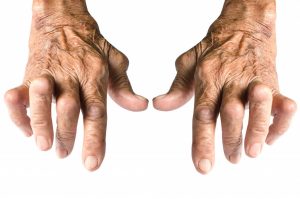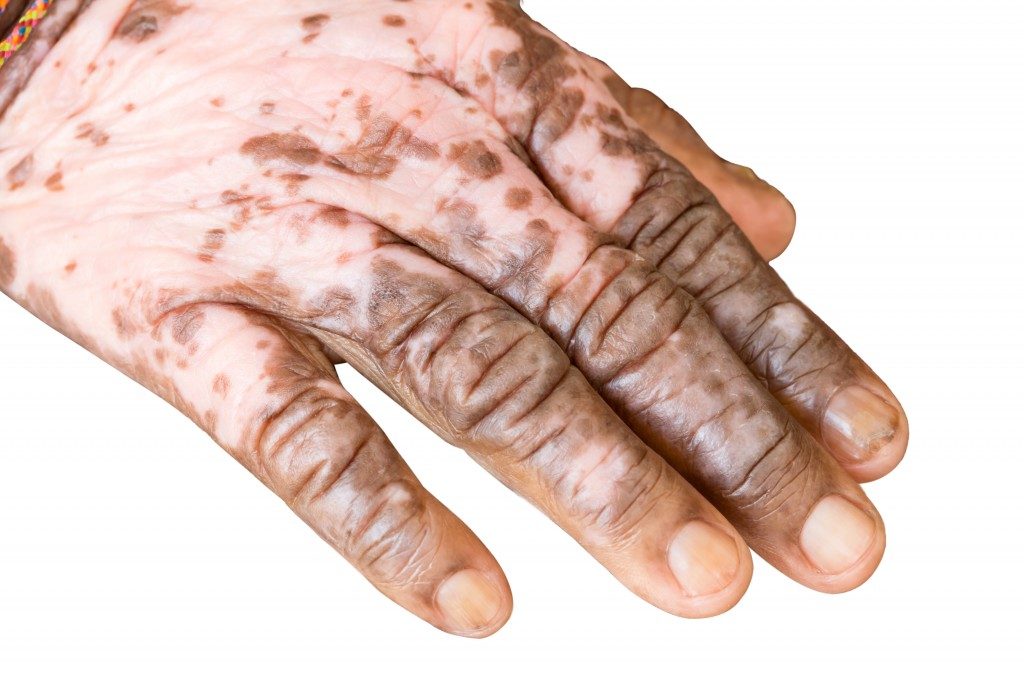More than 23.5 million Americans suffer from autoimmune diseases. There are more than 100 diseases on the list, and they share one characteristic. Although different organ systems and bodily functions are involved, people with autoimmune disorders suffer from the consequences of an overactive immune response. To simplify, immunity attacks the cells of the body and causes all sorts of dysfunction.
Type 1 Diabetes Mellitus
The type of diabetes that arises in the early years is Type 1 Diabetes Mellitus. The scarcity of insulin for metabolism of glucose can be attributed to destruction of the beta cells of the pancreas. For many of the people afflicted with this potentially fatal condition, lifelong insulin replacement is necessary. Moreover, essential lifestyle modifications and continuous medical monitoring are part of the routine.
Grave’s Disease
The thyroid gland produces hormones that regulate many bodily functions. In Grave’s disease, an autoimmune attack on the gland causes overproduction of thyroid hormones. The metabolic processes become awry, and there is an imbalance in energy usage. Some people with Grave’s disease experience a gradual development of symptoms, but for others the progression is abrupt. The primary symptoms of Grave’s disease are weight loss, intolerance to heat, tachycardia or increase in resting heart rate, and nervousness. About 50 percent of patients suffer from exophthalmos or bulging eyes.
Rheumatoid Arthritis
For people receiving  (RA) care in Las Vegas, such as from RedRiver Health and Wellness Center, it is evident how different RA is from other common arthritides such as osteoarthritis (OA). While the pathophysiology of OA involves a specific joint, RA is characterized by joint inflammation of different body parts along with systemic symptoms. Physical therapy and occupational therapy are integral components of holistic management to usher a return to function after a period of exacerbation.
(RA) care in Las Vegas, such as from RedRiver Health and Wellness Center, it is evident how different RA is from other common arthritides such as osteoarthritis (OA). While the pathophysiology of OA involves a specific joint, RA is characterized by joint inflammation of different body parts along with systemic symptoms. Physical therapy and occupational therapy are integral components of holistic management to usher a return to function after a period of exacerbation.
Inflammatory Bowel Disease
Unbeknownst to many, inflammatory bowel disease (IBD) is an autoimmune condition. Often associated with stress, IBD is characterized by inflammation of the intestinal lining leading to gastrointestinal (GI) dysfunction. There are two main forms of IBD, namely Crohn’s disease and ulcerative colitis. In the former, the disease may affect any component of the GI tract. In the latter, the affected region is usually the rectum and large intestines.
Psoriasis
Psoriasis is a dermatological condition wherein the skin cells multiply rapidly, which results in plaques of silvery appearance. Psoriasis is not contagious despite common misconception. The symptoms arise from the accumulation of T-cells in the skin, leading to the formation of silvery plaques. The symptoms of psoriasis flare up from time to time and may come and go.
There is no cure for autoimmune diseases. Nevertheless, much is known about them, and modern medicine has the means to help individuals manage the symptoms, especially when they flare up. Medications are available to treat various symptoms, but lifestyle changes are essential. For a person to be able to participate actively in daily life, he or she must be vigilant in following the advice of the medical and rehabilitation team. The progress of the disease and the intensity of symptoms may have less impact upon daily life with the right diet, exercise program, and stress management.

